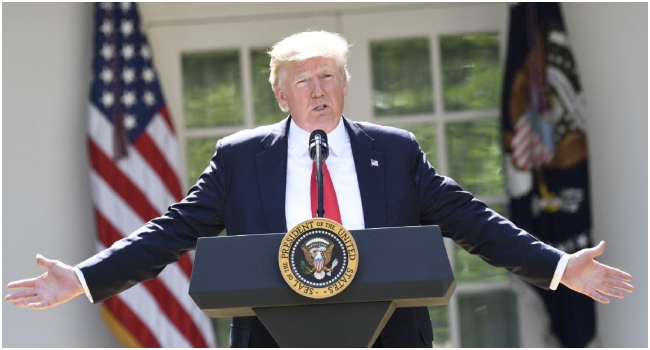Former President Donald Trump’s decision to issue sweeping pardons to individuals involved in the Capitol riots has sparked intense debate, with reactions sharply divided along political lines. While many Republicans praised the move, Democrats and others condemned it as a blow to justice.
Former House Speaker Nancy Pelosi criticized the pardons, calling them a disgrace to the legal system and an affront to those who defended the Capitol on January 6, 2021. “This decision dishonors the sacrifices of those who protected our democracy,” she stated.
Michael Fanone, a former police officer injured during the riots, expressed feelings of betrayal. “It’s devastating to see those who attacked us being pardoned,” Fanone told CNN. “This sends a dangerous message about accountability.”
On the other hand, many January 6 defendants and their allies celebrated the pardons. Jacob Chansley, widely recognized as the “QAnon Shaman” for his distinctive outfit during the riots, shared his gratitude on social media, thanking Trump and declaring, “Justice has come.”
Congresswoman Marjorie Taylor Greene also voiced her support, calling the decision a step toward rectifying what she views as politically motivated prosecutions.
However, the pardons weren’t universally embraced within Trump’s party. Senator Thom Tillis criticized the blanket pardon, particularly for those convicted of assaulting law enforcement officers. “That’s a line I can’t cross,” he said in an interview.
Trump defended his decision, describing many of the individuals as victims of a politically charged justice system. When pressed by reporters about whether assaults on police officers should be excused, Trump avoided a direct answer but maintained that justice had been unevenly applied.
Among those pardoned were prominent figures such as Enrique Tarrio, former leader of the Proud Boys, and Stewart Rhodes, head of the Oath Keepers. Both had been convicted of seditious conspiracy and were serving lengthy prison sentences. Their release has been celebrated by members of their organizations, with some using the pardons as rallying points for recruitment and advocacy.
The Capitol riots were a response to Trump’s claims of election fraud in the 2020 presidential race, allegations repeatedly debunked by courts and election officials. Trump himself faced legal challenges over his role in the events but avoided trial after winning re-election.
While the pardons have ignited celebrations among Trump’s base, they have also renewed concerns about accountability and the precedent set by absolving individuals involved in acts of violence against democratic institutions.
